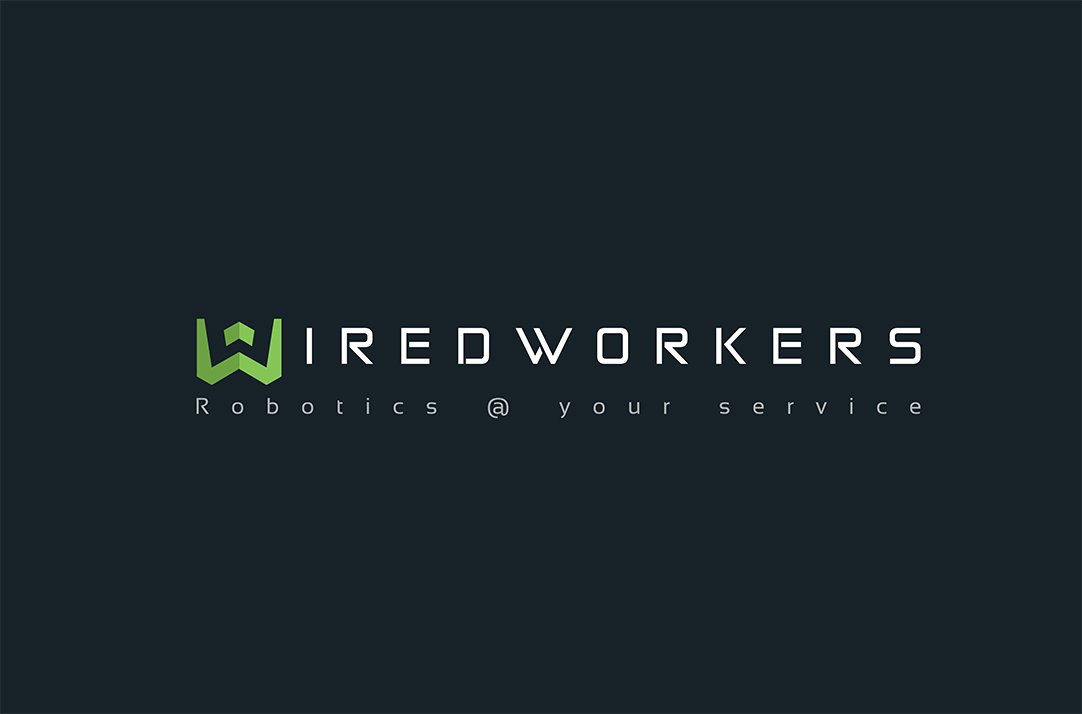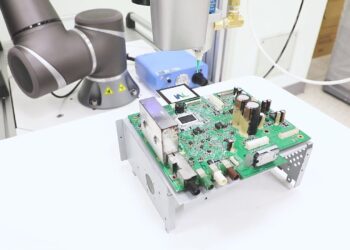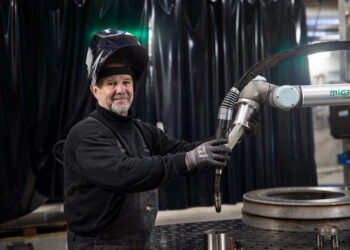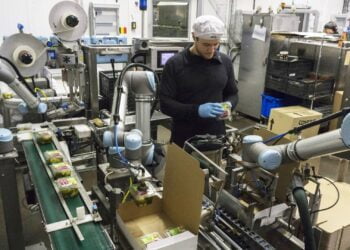In the rapidly evolving world of technology and automation, the role of cobots, or collaborative robots, has become increasingly prominent. While some worry about job losses, the collaboration between humans and cobots promises an exciting future for work.
A new era of cooperation
Traditionally, robots have been seen as replacements for human labour. Cobots, however, take a different approach, focusing on collaboration. These robots are designed to work alongside humans, supporting them in tasks and processes where human skills are irreplaceable.
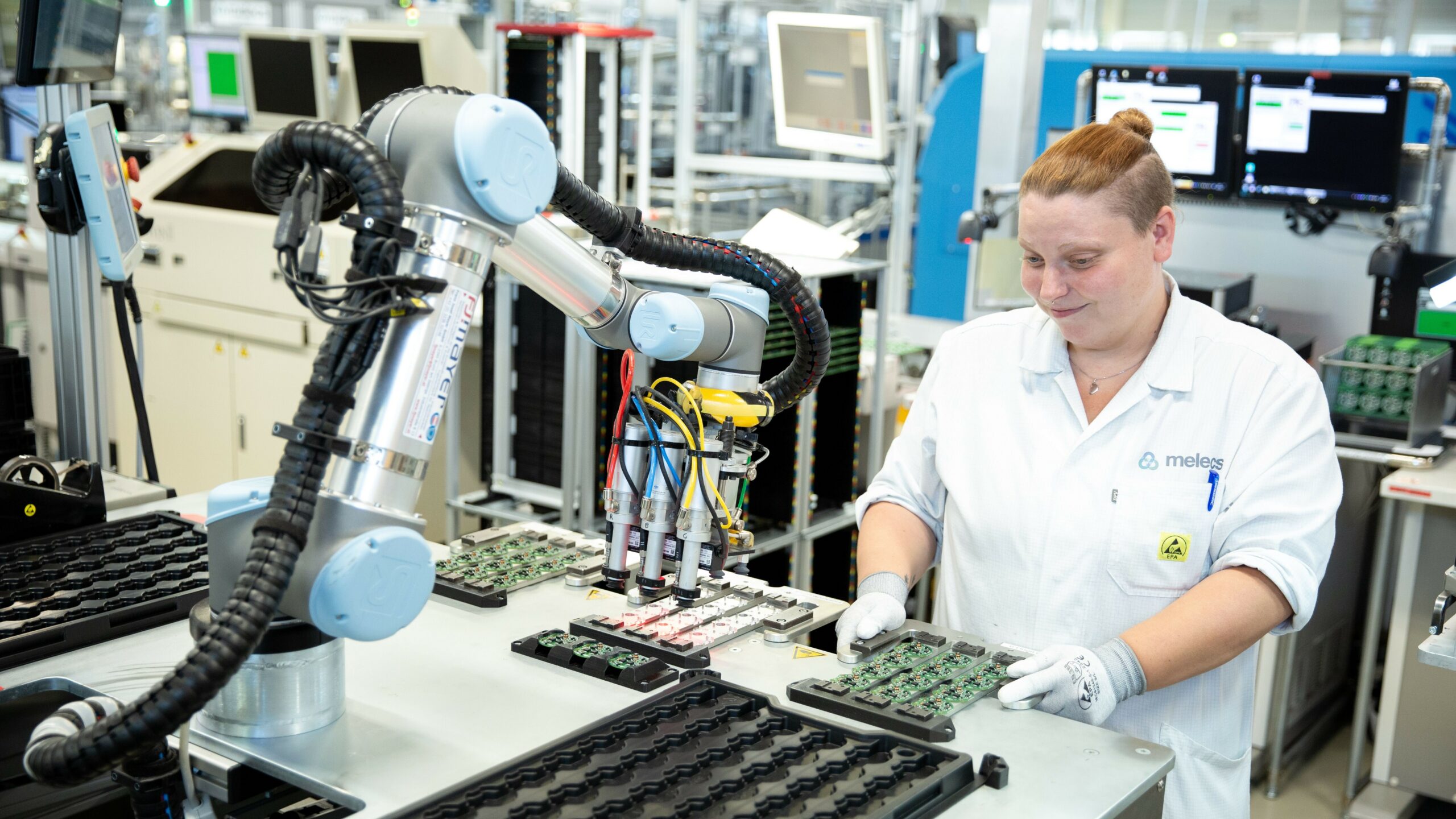
Changes in work dynamics
The integration of cobots is changing workplace dynamics. Instead of replacing human labour, cobots take over repetitive and dangerous tasks, allowing workers to focus on more complex tasks that require creativity, empathy and decision-making. This opens the door to a redefinition of job functions and a shift towards more value-oriented work.
Increase in efficiency
One of the benefits of collaboration between humans and cobots is the improvement in overall efficiency. Cobots are programmed to perform tasks with precision and speed, leading to an acceleration of production processes. Humans can focus on tasks for which creativity and human intelligence are essential, increasing the overall productivity of the team.
The human touch in technology
Although automation and artificial intelligence are advancing, the human touch remains a valuable factor. Cobots cannot match the empathy, emotional intelligence and human intuition that are crucial in certain professions. The interplay between human qualities and the precision of cobots can lead to powerful synergies in the workplace.
Transitioning to new skills
As cobots take over certain tasks, new skills are in greater demand. Workers must adapt to technological change, with an emphasis on acquiring skills that cannot easily be replaced by automation. This includes problem-solving skills, critical thinking skills and the ability to communicate effectively with technology.
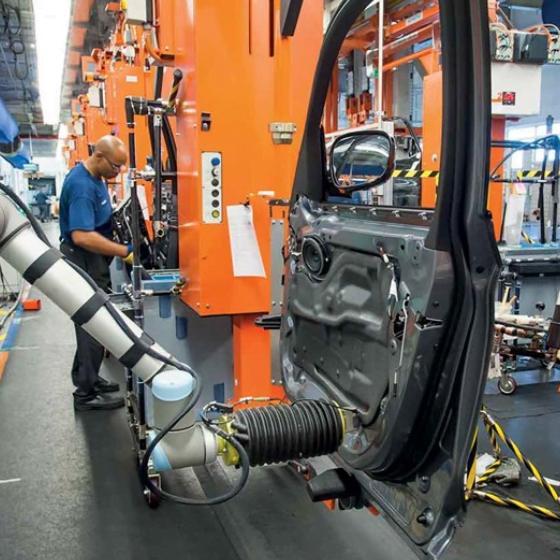
The social aspect of work
Cobots can also enhance the social aspect of work. As repetitive tasks are automated, employees have more time to collaborate, exchange ideas and innovate. This can lead to a more collaborative and stimulating work environment.
Ethical considerations
While the collaboration between humans and cobots is promising, it also raises ethical questions. How do we ensure that the implementation of cobots is fair? What is the impact on employment and quality of work? These questions should be carefully considered when further integrating cobots into different industries.
Getting to work!
The future of work with cobots promises a synergistic collaboration between human intelligence and technological precision. By striking the right balance and taking ethical considerations seriously, we can create a work future in which both humans and cobots realise their full potential. WiredWorkers is an expert in the field of automation and has already helped several companies implement collaborative robots. Contact us or schedule a free cobot consultation!
